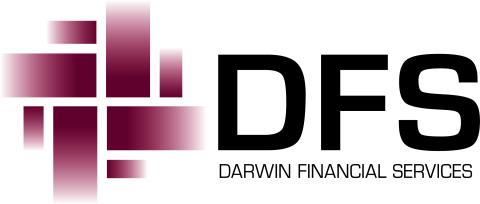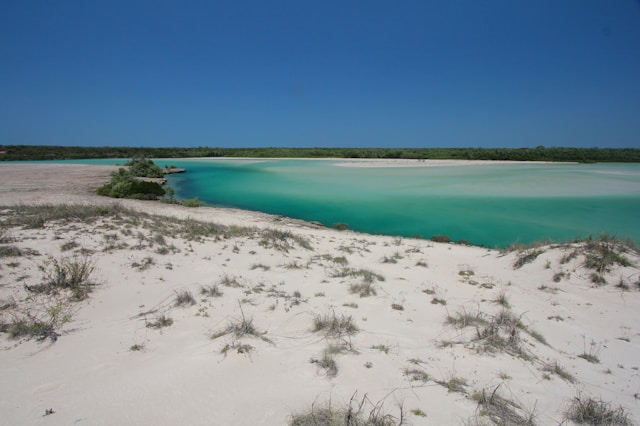A small Sydney startup that uses lasers to make self-driving cars safer and a Queensland-based company that uses mushrooms to replace meat products have been named among 100 startups and small companies to watch in the Asia-Pacific region.
The Forbes Asia 100 to Watch list was compiled by Forbes Asia and is in its second year.
The magazine made 100 selections from 650 submissions from accelerators, incubators, universities, venture capitalists, SME (small to medium enterprise) advocacy organisations and others.
Six Australian companies made the cut, including Baraja, which says it has reinvented LiDAR lasers for use in self-driving vehicles.
“Instead of relying on fragile moving parts and oscillating mirrors, we simply refract light through a prism to scan the environment,” the company says.
Last year it raised $40 million in series B funding led by Sydney-based Blackbird Ventures, one of Australia’s top venture capital firms.
Sunshine Coast-based Fable Food has also received funding from Blackbird, as well as Atlassian co-founder Mike Cannon-Brookes’ Grok Ventures.
The startup supplies restaurants including Grill’d and Guzman Y Gomez with mushroom-based alternatives to beef. Its products can also be found in Coles and Woolworths.
Blackbird and Grok Ventures are also among the investors in another foodtech startup, Vow, which uses a different approach replacing meat – growing cells in a laboratory.
“By taking an entirely new approach, we can bypass raising animals and find tastes, flavours and textures completely new to us,” Vow says on its website. “This new category of food will be sustainable, abundant and irresistible.”
Vow built its first cultivated meat factory in Sydney in July and plans to launch a quail product in Singapore later this year, Forbes writes.
The other Australian companies on the list are Sydney cybersecurity startup Secure Code Warrior; small business accounting app Thriday, formerly Thrive; and online education platform EntryLevel.
To qualify, companies had to be based in the Asia-Pacific region, have no more than $50 million in revenue and no more than $100 million in funding.
Singapore led the list with 19 companies, followed by Hong Kong with 16.
The full list appears in the September issue of Forbes Asia.
Derek Rose
(Australian Associated Press)





